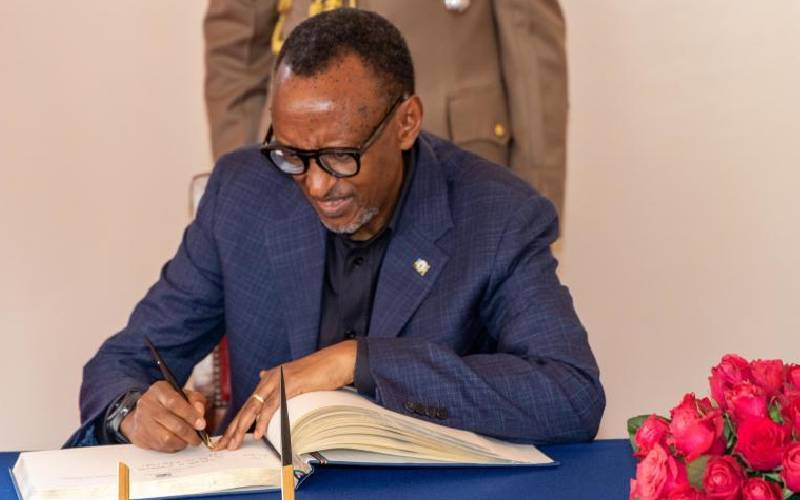×
The Standard e-Paper
Smart Minds Choose Us

For government officials in Rwanda, the Umushyikirano - a national dialogue event - can either be a blessing or a curse depending on performance.
For non-performers, it's a humiliating scene as President Paul Kagame and citizens engage them publicly on their failures and missteps.